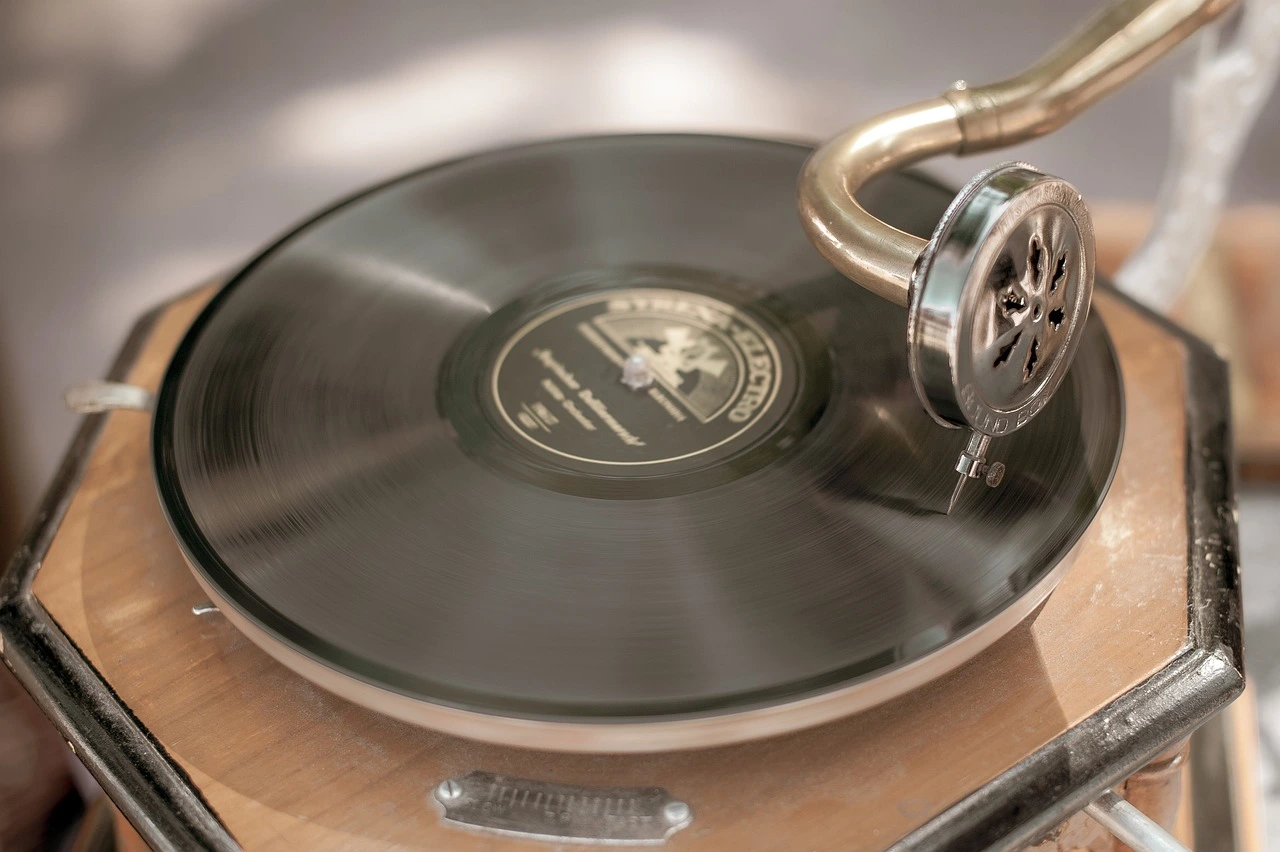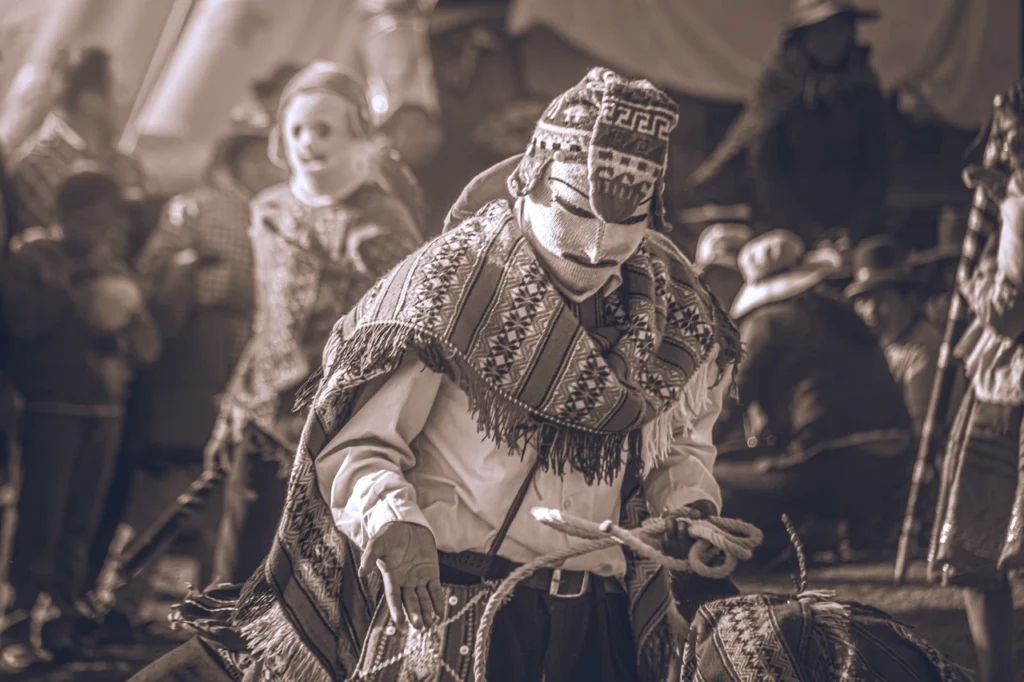
Table of Contents
The Origins and History of Music
Discover the beginnings and development of music throughout history, from prehistoric to present times. Study the evolution of musical genres, approaches, and instruments. Learn how music has developed into a variety of genres and forms that represent a wide range of global influences and civilizations. Music, ranging from rock to hip-hop, jazz to classical, continues to influence our lives and arouse feelings in us. Explore the mystique around the timeless allure of music and its fundamental part in the human experience across time.

History of Music
For thousands of years, music has been an essential component of human civilization as an artistic medium. The ancient civilizations are where music originated, even though it is hard to identify the precise moment when music first appeared on Earth.
Our predecessors most likely created primitive musical genres for rituals, communication, and expression. Simple instruments like drums, flutes, and rattles constructed of natural materials like animal bones and shells were used to create these early musical expressions.
The many periods that make up the history of music are distinguished by their own styles, methods, and musical instruments. Music developed as a result of the important contributions made by ancient civilizations including the Greeks, Romans, and Egyptians. They included music into their religious rituals, storytelling, and amusement.
The Christian church began to include music heavily during the Middle Ages. During this time, Gregorian chants and holy polyphony were widely used in music. Composers such as Bach, Mozart, and Beethoven created enduring masterpieces during the Renaissance, which witnessed a revival of interest in music.
The manner that music was created and passed down was completely transformed in the ninth century with the development of musical notation. This made it possible to create compositions that were more intricate and to save musical pieces for later generations.
Music has developed into a myriad of genres and forms in the contemporary day, representing the various cultures and influences present throughout the globe. Music continues to change and influence our lives, from hip-hop to jazz, from classical to rock.
Even if the precise beginnings of music are still unknown, its allure to all people and capacity to arouse emotions have made it a vital component of human experience throughout history.
The Origins of Music
Music is one of the first forms of human expression, according to anthropologists and historians, and it predates written history. The earliest musical instruments have been recovered by archaeologists in caverns in Germany and France, and they date back to 40,000 years. These tools imply that our predecessors were already making music in the Paleolithic period, such as flutes fashioned from bird bones and ivory from mammoths.
It is crucial to remember that the first music was probably not composed in an organized manner like that which we are familiar with today. Rather, it could have comprised of vocalizations, rhythmic patterns, and basic melodies for rituals, storytelling, and communication.
The First Music in the World
For thousands of years, music has been an essential component of human society. It is the global language that cuts over boundaries and unites people. Even while it can be difficult to trace the precise beginnings of music, ancient civilizations all over the world have left behind musical expressions, which offer important insights into the form’s formative years.
The Development of Music in Ancient Civilizations
Music grew in importance in many cultures all over the world as civilizations expanded and society grew more sophisticated. Let’s examine some historical civilizations’ musical traditions:
1. Mesopotamia (c. 3000 BCE)
Mesopotamia, in modern-day Iraq, is regarded as one of the birthplaces of civilization. The Sumerians lived there and left behind clay tablets with musical notation. These cuneiform notations show that a complex musical system with vocal and instrumental compositions was in place.
2. Ancient Egypt (c. 3100 BCE)
The ancient Egyptians revered music and saw it as a necessary component of their social and religious rituals. There are images of musicians playing harps, lyres, flutes, and drums in tomb paintings and hieroglyphics. Ancient Egyptian music was deeply ingrained in their culture and was thought to have the ability to arouse feelings and establish a connection with the divine.
3. Ancient Greece (c. 800 BCE)
Recognized for its abundant cultural legacy, ancient Greece played a pivotal role in the evolution of music. The Greeks held that music had the ability to affect society and mold people’s personalities. The development of modern music theory was facilitated by the exploration of the mathematical and philosophical elements of music by eminent thinkers like Pythagoras and Plato.
4. Ancient China (c. 2000 BCE)
Music was a common feature of religious rites and royal courts in ancient China. Chinese musicians produced instruments such as the guqin and pipa, as well as a sophisticated system of scales known as the “five tones”. It was formerly thought that music could balance the spiritual and natural realms.
The Evolution of Music: From Classical to Contemporary
Over the years, music underwent constant change, with each new era imprinting its own unique style on the genre. Music has evolved and remade itself throughout history, from the complex compositions of the Baroque era to the emotional depth of Romantic music, and from the experimental sounds of the 20th century to the many genres of today.
The creation, dissemination, and preservation of music underwent a radical transformation with the advent of technological innovations including printing presses, recording and playback devices, and musical notation. These developments stimulated fresh creative ideas and gave composers access to larger audiences.
Modern music includes a wide range of genres and styles, such as electronic rhythms, jazz improvisations, rock anthems, and classical symphonies. It now forms an essential component of our everyday existence, supporting us throughout happy, sad, festive, and reflective times.
The Power of Music: Connecting Humanity
Music has been a potent medium of expression throughout history, uniting people and bridging cultural divides. It has the power to arouse feelings, communicate ideas, and foster a sense of oneness among people from different origins.
We get a greater understanding of the transforming potential of music and its part in forming our shared human experience as we continue to delve into the rich tapestry of musical traditions from across the globe.
So let’s accept the ever-evolving character of this age-old art form and honor the ancient melodies that helped create the music we love today.
Check out this blog related to this blog
Check our featured blog
What Defines Reggae Music?
How to Use Vocal Compressor?
How to Use Vocal Compressor? Vocal compression is an important step in music production for creating a refined sound. This article covers everything from how to set up your compressor and dial in the optimum settings to advanced techniques like as parallel and side-chain compression. Learn how to control dynamic range, establish voice presence, and…
Difference Between Home Studio and Professional Studio
Difference Between Home Studio and Professional Studio Discover the fundamental distinctions between home and professional audio production facilities. Learn about each type of studio’s equipment, technology, and expenses, as well as the benefits and drawbacks. Whether you’re a hobbyist or a professional, this guide will help you select the best configuration for your requirements. Introduction…
How Do Musicians Make Money?
How Do Musicians Make Money? Discover the most important revenue streams for musicians: live performances and tours, music sales and streaming, royalties and licensing, and merchandising and brand collaborations. Discover how various revenue streams influence a musician’s financial success and audience involvement in today’s music industry. Understand the value of strategic planning and personal branding…

Leave a Reply